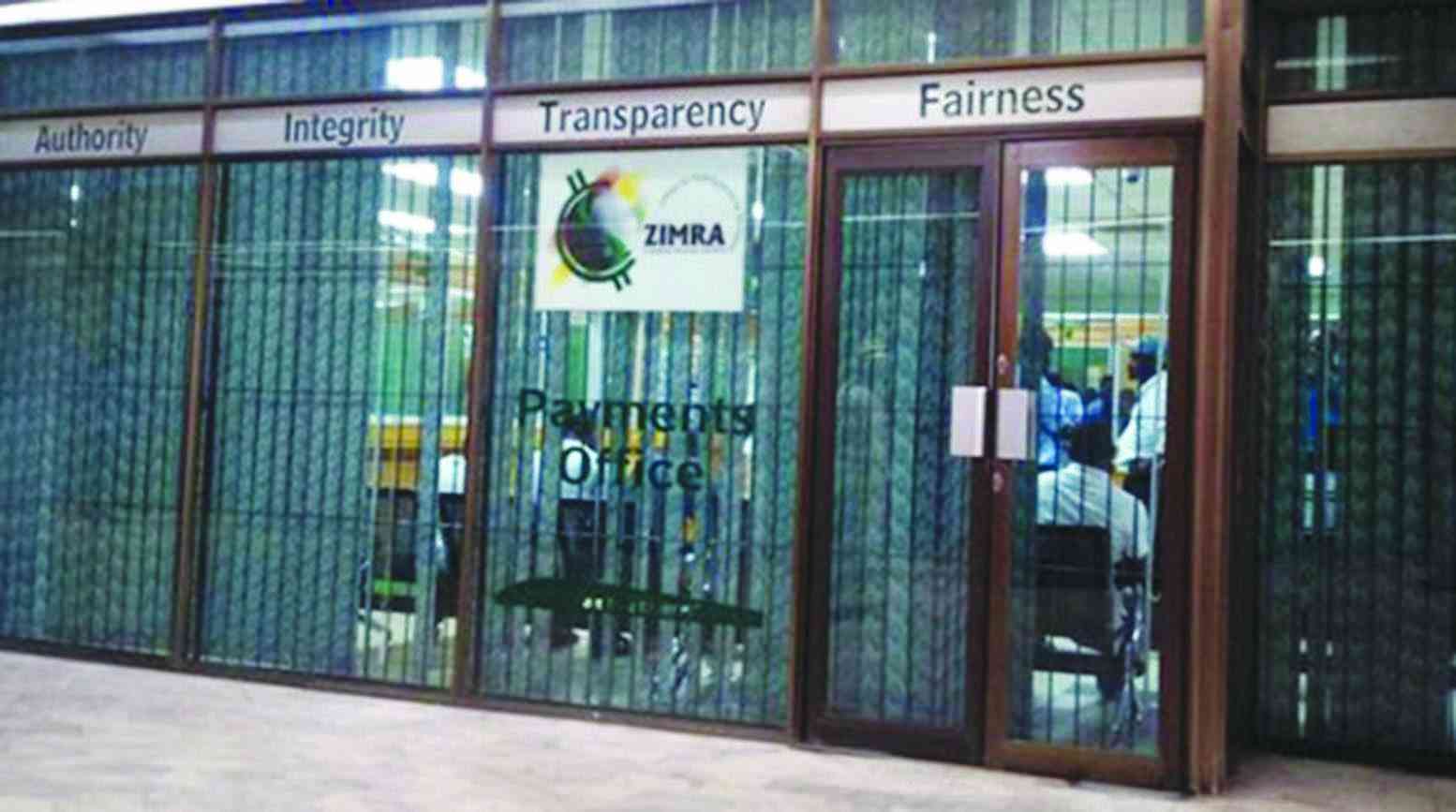
THE Zimbabwe economic landscape presents a complex and often contradictory narrative. The government’s mantra of “Zimbabwe is open for business” is at odds with the realities on the ground, where high taxes, currency instability and a substantial informal economy create significant challenges for businesses and investors.
These factors collectively undermine the government’s efforts to attract investment and stimulate economic growth.
The country’s taxation framework is characterised by its complexity and the burden it places on formal businesses.
The Zimbabwe Revenue Authority (Zimra) data for the first half of 2024 reveals that individual taxes, primarily through Pay-As-You-Earn (PAYE), constitute a significant portion of the government’s revenue.
PAYE accounted for 21% of total tax revenue, while Value-Added Tax (VAT) on local sales and imports comprised 26,1%. This heavy reliance on formal sector taxes underscores the disproportionate burden on compliant businesses and salaried employees, stifling their growth and profitability.
Additionally, the 2025 budget proposal by Finance minister Mthuli Ncube introduces new taxes on various goods and services, further exacerbating the tax burden on formal businesses. These measures, while aimed at improving fiscal health, risk driving more businesses into the informal sector as they seek to evade the high tax burden.
Companies like Innscor, facing high operational costs due to inadequate infrastructure and regulatory fees, exemplify the challenges faced by formal businesses in Zimbabwe.
Further to the complex taxation system, Zimbabwean businesses must navigate a volatile currency environment. The introduction of Zimbabwe Gold (ZiG) in April 2024, was an attempt to stabilise the currency market, but the local currency’s persistent depreciation against the US-dollar on the parallel market reveals deeper systemic issues.
- War over super car stuck in river
- Zimra seizes CCC campaign vehicle
- Redcliff invests in health facilities
- Crime tech: Technology can eradicate corruption
Keep Reading
Despite government efforts to inject United States dollars into the interbank market, the volatility of the ZiG undermines investor confidence and complicates financial planning for businesses.
The energy sector, crucial for economic development, is particularly affected by this currency instability. High regulatory fees and taxes associated with starting energy projects, as detailed by Energyneering Zimbabwe, deter potential investors.
For instance, the total estimated permitting and licencing fees for a solar farm investment range from US$21 172 to US$524 048, depending on the project size.
Such prohibitive costs, coupled with currency risks, create an unattractive investment environment. This deters much-needed investment in the energy sector, which is essential for powering economic growth and development.
The informal economy in Zimbabwe, which accounts for over 70% of economic activities, operates outside the regulatory framework and predominantly transacts in foreign currencies.
This prevalence of cash transactions undermines the demand for the local currency and complicates the government’s efforts to track and tax economic activities. The dominance of the informal economy poses significant challenges for tax collection and economic stability, leading to a narrow tax base and reduced government revenue, which in turn places a disproportionate tax burden on the formal sector.
Addressing these challenges requires a comprehensive approach to formalising the economy. Simplifying business registration processes, providing tax incentives and improving access to affordable credit can motivate informal businesses to transition to the formal sector.
For example, offering tax breaks or holidays to newly-formalised businesses can encourage compliance and expansion. Enhancing legal protections for businesses and workers and improving infrastructure can create a more attractive environment for formal economic activities.
Increasing the acceptance and use of the local currency through formalisation can also stabilise its value. By broadening the tax base, the government can reduce the tax burden on compliant businesses and enhance financial transparency.
A stable currency and supportive policies will incentivise businesses to operate formally, reducing the dominance of the informal sector.
The government should also implement targeted measures to improve financial transparency and reduce cash transactions. For instance, promoting electronic transactions and reducing cash-based trades can help track economic activities more effectively.
This can be achieved through incentives for digital payments and penalties for excessive cash transactions. Moreover, improving the banking sector’s stability and trustworthiness is crucial for encouraging businesses to engage in formal financial activities.
The government’s approach should also include long-term structural reforms to create a more resilient economy. These reforms should focus on improving governance, reducing bureaucratic red tape and enhancing the legal framework to protect property rights and enforce contracts.
A transparent and efficient legal and regulatory environment will encourage both domestic and foreign investment, driving economic growth and expanding the formal sector.
Investment in infrastructure is another critical component of this strategy. Improved transportation, electricity and digital connectivity can reduce operational costs and increase efficiency for businesses.
For instance, Innscor’s significant expenditure on alternative power generation highlights the urgent need for reliable energy infrastructure. By addressing such infrastructure gaps, the government can create a more conducive environment for businesses to thrive.
Additionally, supporting export-oriented industries can drive economic growth and formalisation. Providing support for export activities, such as trade missions, export financing, reduced retention ratios and market research, can help businesses expand and necessitate formalisation to comply with international trade regulations. This will also help diversify the economy and reduce its reliance on raw material exports.
Duma is a financial analyst and accountant at Equity Axis, a leading media and financial research firm in Zimbabwe. — twdumah@gmail.com or tinashed@equityaxis.com, Twitter: TWDuma_










